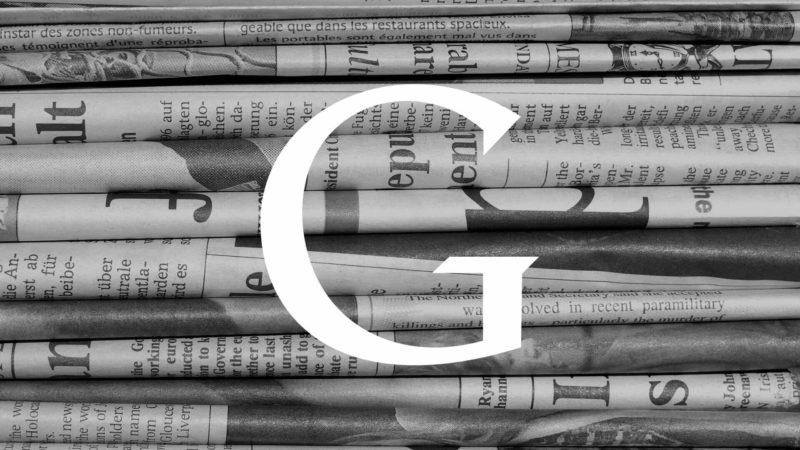Google Wins Round Against German Publishers, Who Vow To Fight On
The convoluted saga of Google News in Germany took another turn on Friday when regulators declined to pursue an antitrust claim against the company brought by “VG Media,” a consortium of German publishers including publishing giant Axel Springer. Reuters covered the decision but didn’t do a very good job of explaining it or providing context. […]
The convoluted saga of Google News in Germany took another turn on Friday when regulators declined to pursue an antitrust claim against the company brought by “VG Media,” a consortium of German publishers including publishing giant Axel Springer.
Reuters covered the decision but didn’t do a very good job of explaining it or providing context. So here’s the context.
The German parliament passed an ”ancillary copyright” law in 2013, essentially at the behest of the same group of German publishers. Originally the legislation sought to impose a copyright or “link tax” on Google and other news aggregators for showing German newspaper and magazine content in search results.
A compromise was ultimately negotiated to allow search engines and other news aggregators to display “single words or very small text excerpts” at no cost in their news sites. Anything beyond this would be subject to the publishers’ “exclusive right to commercialize” their content — meaning the publishers would have to be paid.
This phrase “single words or very small text excerpts” was not and still has not been formally defined, as self-evident as the meaning of “single words” may seem. To shield itself from potential liability Google required German publishers to explicitly “opt-in” to Google News or be excluded from results. As a practical matter, this amounted to a waiver (or partial wavier) of copyright by the publishers for the content excerpts indexed and included in Google News.
This opt-in requirement appears to have been the basis of the antitrust claim that was denied on Friday. The publishers argued that they were effectively coerced to opt-in by Google through an abuse of market power.
The regulator disagreed, given that the publishers had a choice about whether to opt-in or not, and found insufficient coercion by Google. My understanding of the regulator’s rationale however is based on indirect information.
Separately the German publisher group has sued Google demanding an 11 percent share of the company’s gross revenues that come “directly and indirectly from making excerpts from online newspapers and magazines public.” The German regulator’s decision on Friday does not directly affect this separate “11 percent” action.
Opinions expressed in this article are those of the guest author and not necessarily Search Engine Land. Staff authors are listed here.
Related stories
New on Search Engine Land
